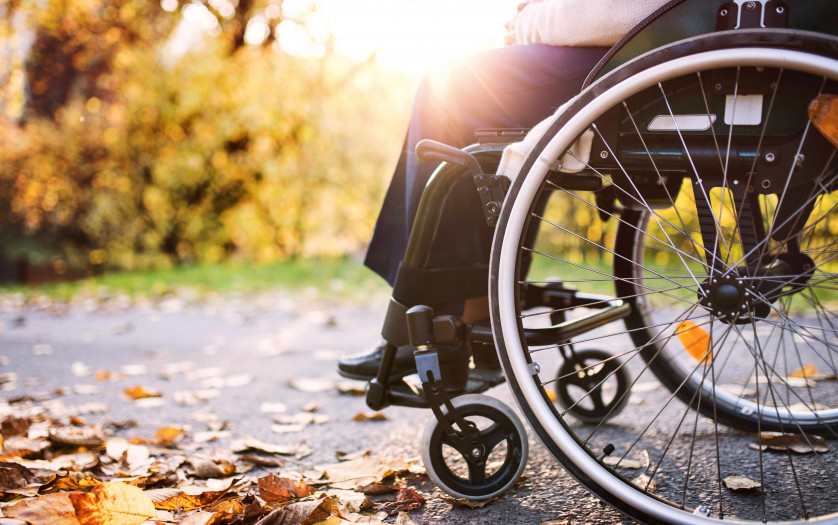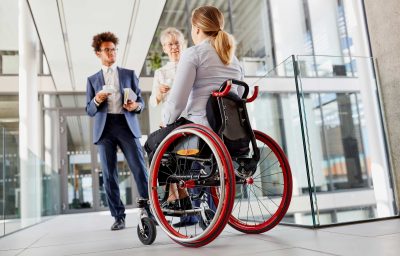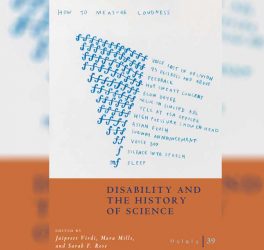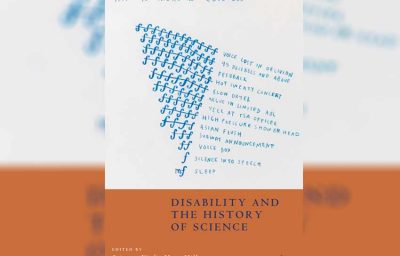
Needing to ride in a wheelchair can put the brakes on myriad opportunities – some less obvious than one might think. New research from Michigan State University sheds light on the bias people have toward people with disabilities, known as “ableism,” and how it shifts over time.
Contrary to popular belief, the findings suggest that biases toward people with disabilities increase with age and over time, but that people are less likely to show how they really feel publicly.
“Disabilities are a sensitive, uncomfortable topic for many people to talk about. Few are willing to acknowledge a bias toward people with disabilities,” said William Chopik, MSU assistant professor of psychology and senior author. “Because this is so understudied, the goal of our research was to characterize why – and which types of – people hold higher biases against those with disabilities.”
The research, published in the Journal of Social Issues, is the largest of its kind using data from 300,000 participants gathered over 13 years. Participants ranged from 18- to 90-years-old, and 15% classified themselves as having a disability.
Authors Jenna Harder, Victor Keller and Chopik used data from Project Implicit, a platform that allows users to learn and measure biases anonymously. The platform defined a disability as “some sort of physical, mental or emotional limitation” and asked a series of questions measuring feelings about people with disabilities. The researchers also measured how much contact participants had with the disability community using a scale of one to seven, one being “knowing someone” and seven being “having constant contact” with a person with a disability.








